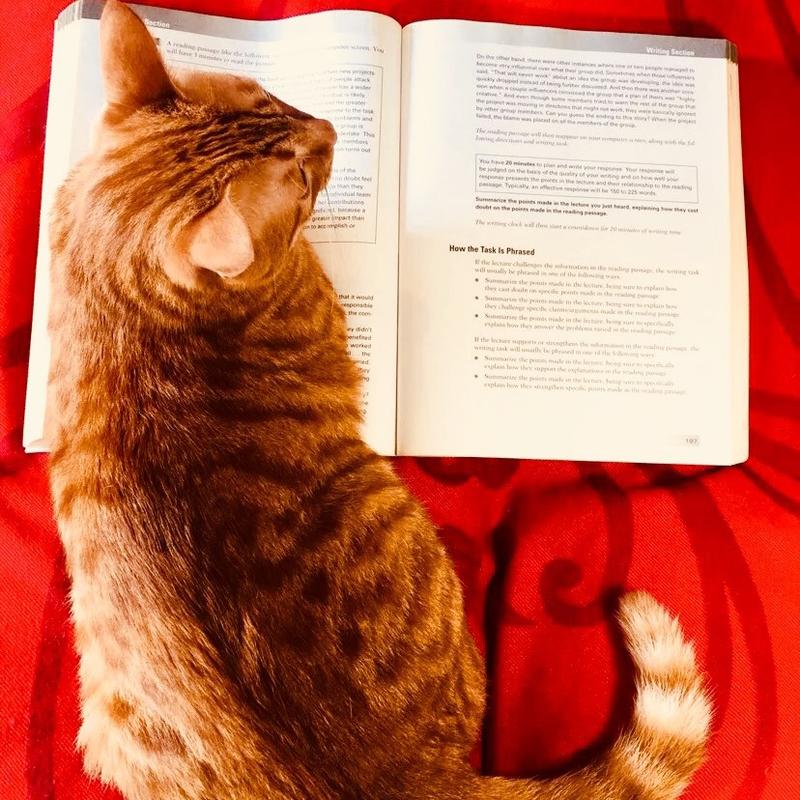
你好呀,欢迎收听:英语考试Cat 🐱🐱🐱🐱
Where do children learn skills in your country?
Hmm, I think that in my country children primarily acquire skills through formal education such as schools, where they receive structured instruction in subjects like math, science, and languages.
Additionally, the home plays a crucial role as parents often impart practical skills like cooking and doing household chores, instilling responsibility and independence from a young age.
Moreover, extracurricular programs cater to a wide array of children's interests, offering activities such as drawing, chess, music, and dance classes. These centers serve as hubs for skill development and socialization, providing opportunities for children to explore their talents and interests beyond the confines of the classroom.
So overall, I would say a combination of formal education, parental guidance, and training schools contributes to skill development for kids in my country.
- primarily 主要
- acquire skills 获得技能
- formal education 正规教育
- structured instruction 有组织的教学
- play a crucial role 有关键作用
- impart practical skills 传授实用技能
- do household chores 做家务
- instill responsibility 灌输责任感
- extracurricular programs 课外活动项目
- cater to 迎合
- a wide array of 广泛的
- socialization 社交
- beyond the confines of the classroom 课堂外
- parental guidance 家长指导
What are the differences between learning skills on your own and from others?
Oh, tough question, let me see. Well, I guess learning skills independently often stems from personal interest or perceived necessity, which I believe can help foster a strong sense of self-motivation. This approach offers flexibility, allowing individuals to tailor their learning pace to suit their own preferences and schedules. However, the lack of external guidance may hinder problem-solving and limit opportunities for feedback and improvement.
Conversely, learning from others provides access to a range of perspectives and experiences, helping to enrich one’s learning process. Interacting with instructors or peers enables individuals to receive valuable feedback and support, enhancing their understanding and mastery of the skill.
Additionally, collaborative learning environments foster teamwork and communication skills, which are invaluable in various aspects of life. So I would say those are the main differences.
What skills do you think teenagers should have?
Hmm, well, I would say there are a number of skills teenagers should possess before reaching adulthood. Apart from being able to do basic household chores like cooking and cleaning, I think proficiency in at least one sport is something every teenager should aim for as not only can it benefit their physical health but can also help in areas such as teamwork, discipline, and mental health. In saying that, I also think swimming, besides any other sport, should be considered as a requisite to learn since it is a life-saving skill in my opinion.
I think developing fluency, or at least a working knowledge of a foreign language should be developed since it can enhance communication and opens up opportunities in a globalized world.
Another skill that should be learnt, which I suppose you can say is a soft or abstract type of skill, is to develop a sense of empathy, though I’m not sure if this could be considered a skill or not, but is something that I think should be encouraged for young people to cultivate, in a sense, a sort of psychological skill of being able to read and understand others.
Who should teach teenagers skills?
Well, I think, primarily, parents play a pivotal role due to their deep understanding of their child's strengths, weaknesses, and individual needs. They’re able to instill foundational life skills and values through day-to-day interaction and modeling behaviors.
Equally important, however, are teachers, as adolescents spend a significant portion of their time at school. Teachers not only impart academic knowledge but also serve as mentors, guiding students in developing their critical thinking, problem-solving, and social skills. Besides parents and teachers, I also believe family members and friends contribute to teenagers' skill development by providing support and practical advice in various aspects of their life.
Ultimately, a holistic approach involving parents, teachers, and the teen’s broader social circle ensures comprehensive skill development tailored to the unique needs and aspirations of teenagers.
Notes超字数了,需要看完整notes的朋友,请移步我们的同名公众号:英语考试Cat

空空如也
暂无小宇宙热门评论

